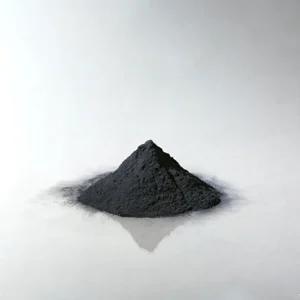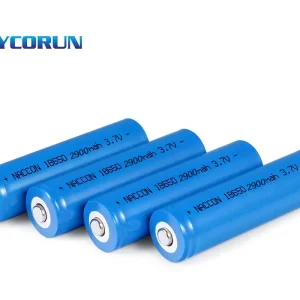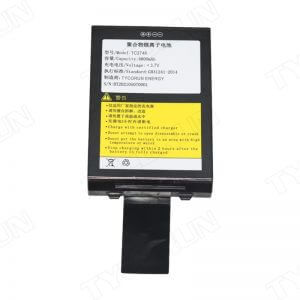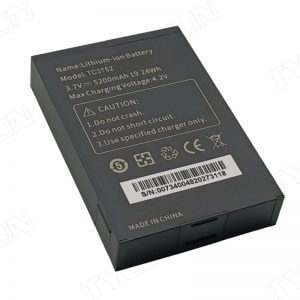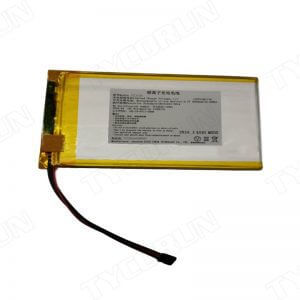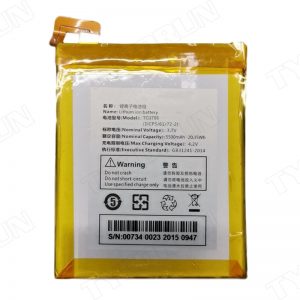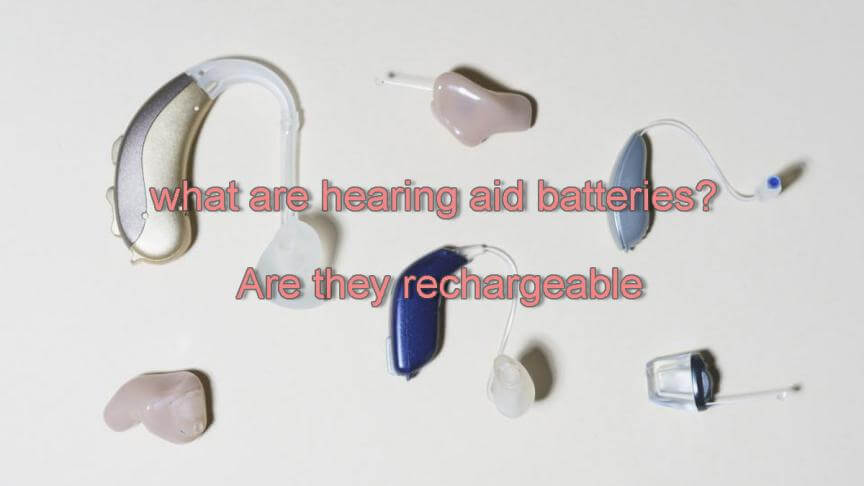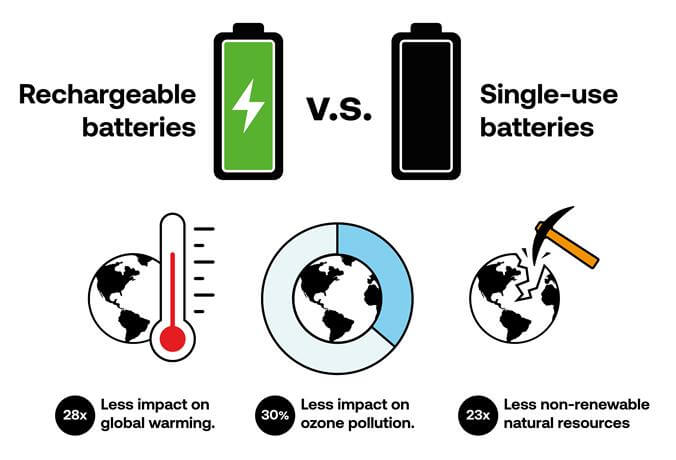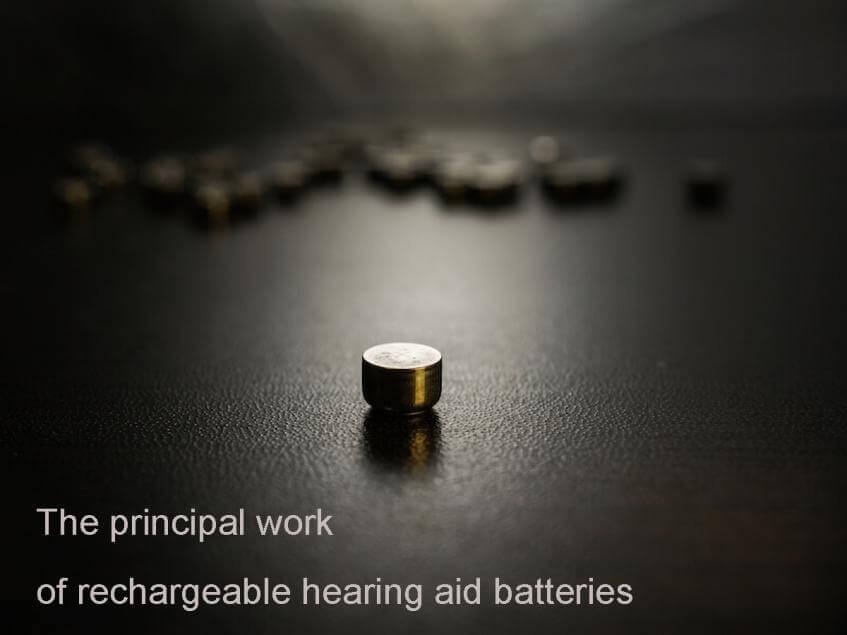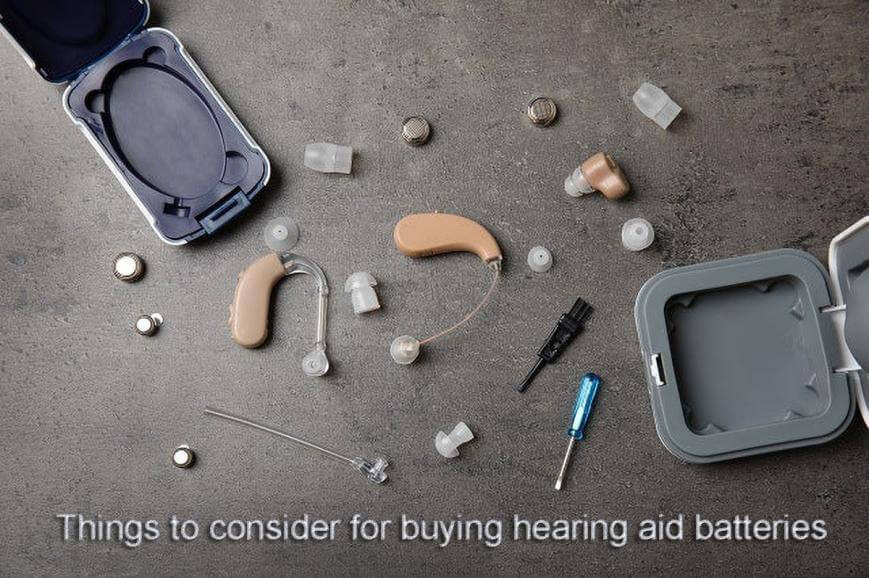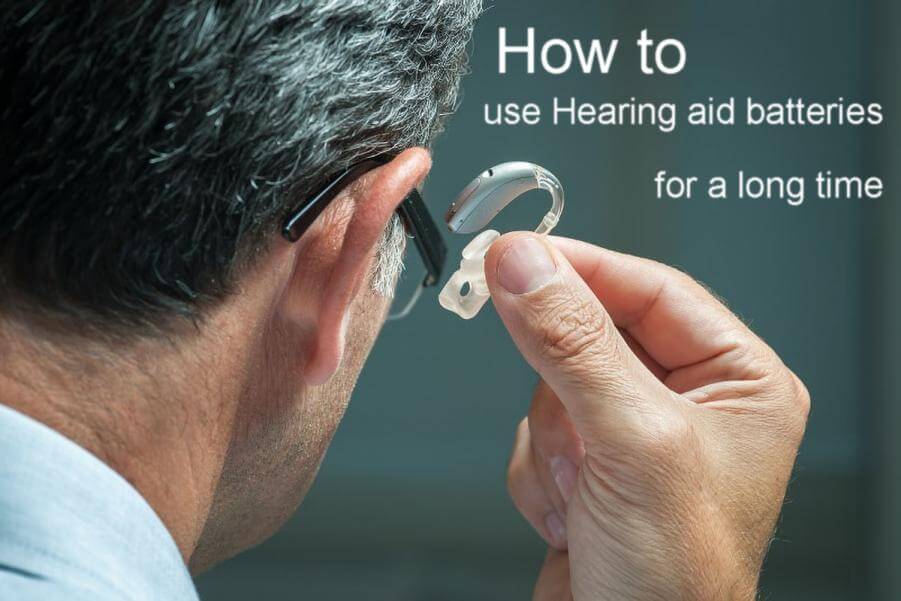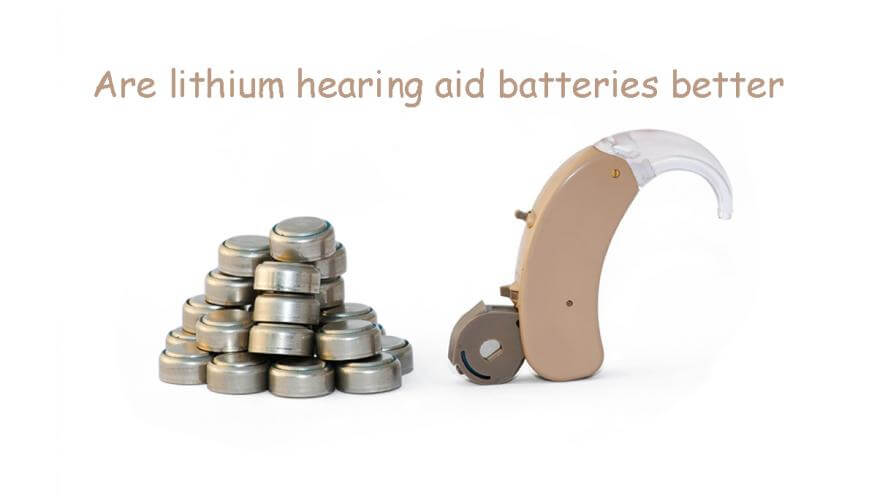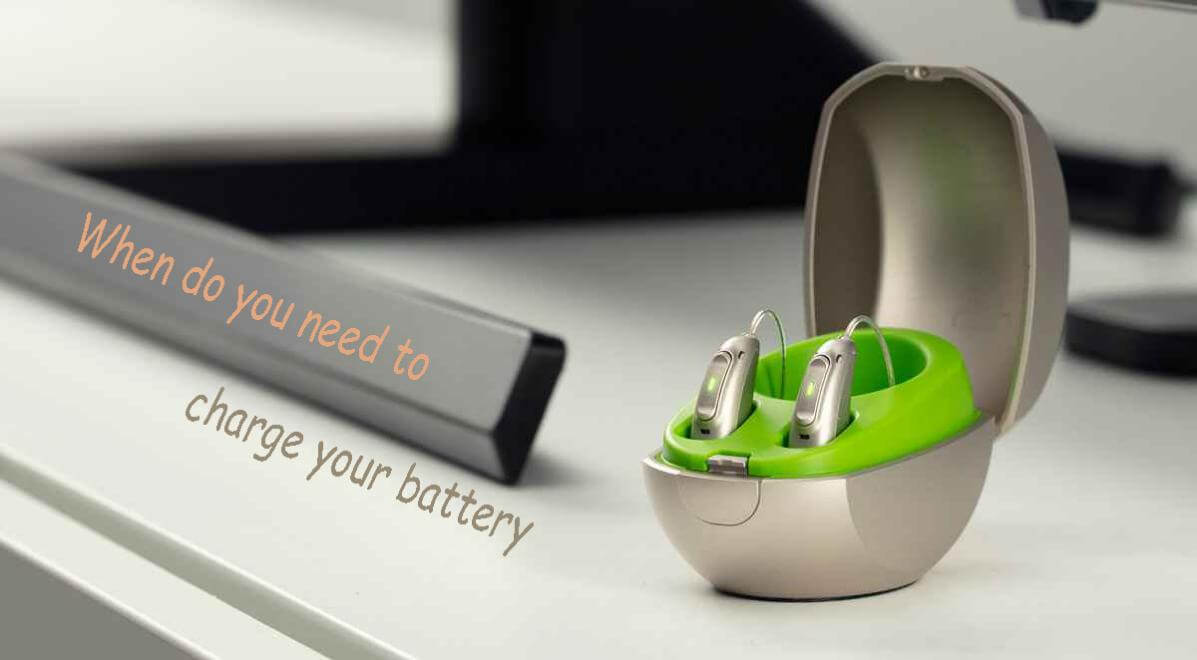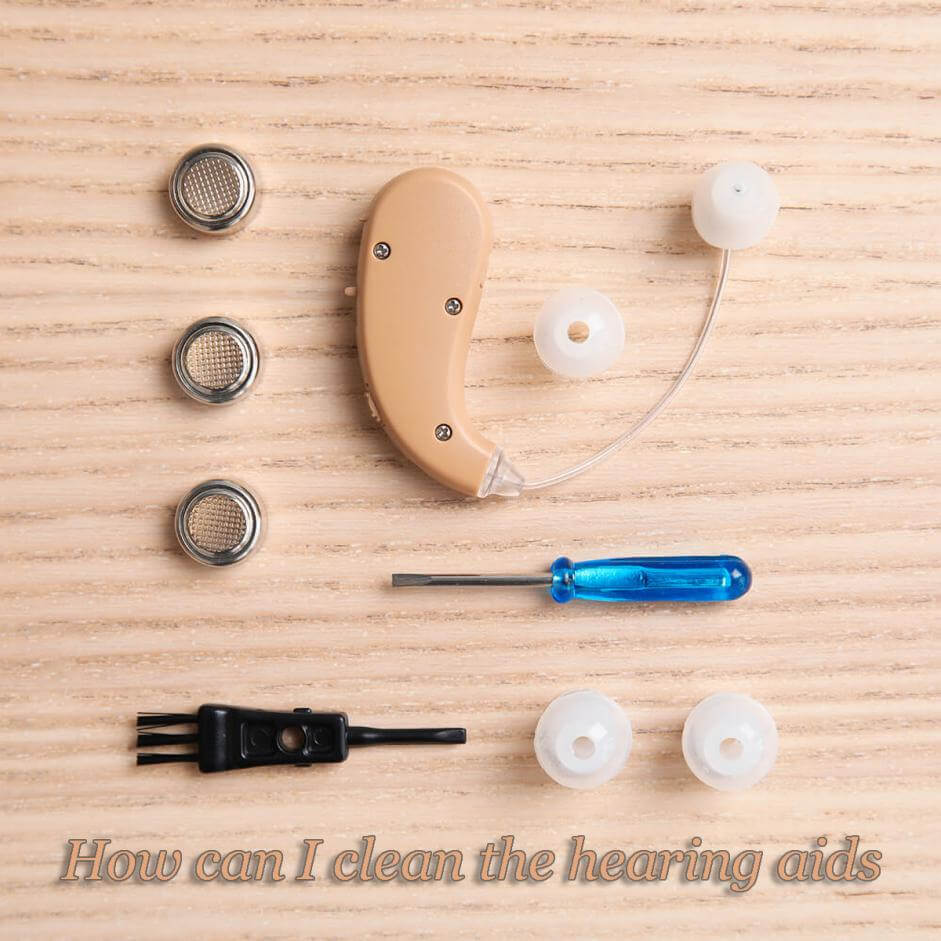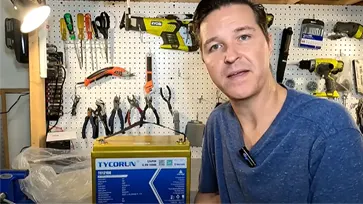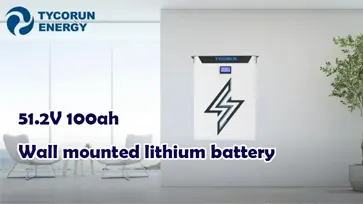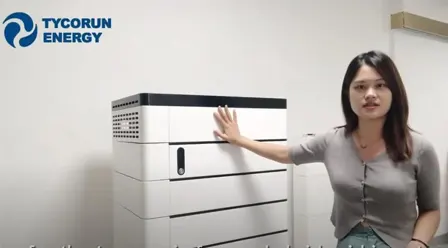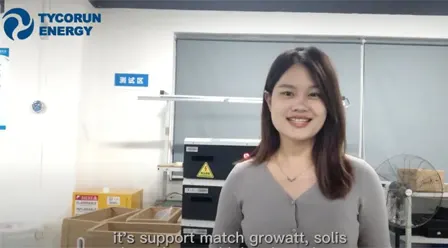How to find the right hearing aid batteries for your best life
lithium ion hearing aid batteries factory
14-year professional lithium ion battery manufacturers, 10-year warranty on battery packs, using the best BMS protection board, protecting the hearing aid batteries from overcharge, overdischarge, overcurrent, short circuit, etc, with excellent self-discharge rate. Configurable Bluetooth, can be connected in series and parallel. The heating function and other special functions can also be customized. Enough stock for the 10 series of 3.7v hearing aid batteries. Can be shipped within 3 days.
-
3.7v lithium ion battery
NCM material – NCM613 single crystal
-
3.7v lithium ion battery
NCM523 single crystal – lithium ion battery nickel cobalt manganese ternary material
-
3.7v lithium ion battery
NCM811 single crystal – lithium ion battery nickel cobalt manganese ternary material
-
18650 lithium ion battery
Best 18650 battery 3.7V 2.9ah lithium
-
3.7v lithium ion battery
3.7v 4.8ah li polymer battery
-
3.7v lithium ion battery
3.7v 5.2ah polymer battery 3.7 v lithium ion rechargeable battery
-
3.7v lithium ion battery
3.7v 2.5ah lithium polymer cell
-
3.7v lithium ion battery
3.7v 5.5ah li ion polymer battery
How to find the right hearing aid batteries for your best life
- What are hearing aid batteries-are they rechargeable
- Features of rechargeable batteries/non-rechargeable hearing aid batteries
- The principal work of rechargeable hearing aid batteries
- Things to consider for buying hearing aid batteries
- How to use hearing aid batteries for a long time
- Are there lithium batteries for hearing aids
- Are lithium hearing aid batteries better
- Are hearing aid batteries safe
- When do you need to charge your battery
- FAQs about hearing aid batteries
- Will the performance of rechargeable batteries in hearing aid still stable after some years
- How can I clean the hearing aids
- When should I change the hearing aid batteries
- Can children use lithium-ion battery
- What happed if the hearing aid batteries drop on the ground
- What is the meaning of capacity-and where can I find it
What are hearing aid batteries-are they rechargeable
Hearing aids have become more and more important for some people especially aged ones. We need to feel comfortable during performance our daily activities, especially with portable devices like smartphones, laptop and hearing aids. Not only indoors, but many outdoor devices need a lot of batteries, such as drone battery, lawn mower batteries, power tool batteries, etc.
Fortunately, hearing aid batteries have been developed in the recent years to have long time life and more capacity. In addition, batteries have become smaller, safer and have different shapes and sizes. Recently, the developed technology allows batteries to recharge and use for many years, as opposed to the traditional ones. Using this technology in hearing instrument looks like charging smartphones every day at night. Just put the hearing aid at its charger and use it in the following full day with any issue.
In this article we introduce the different types of hearing aid batteries and the state-of-art in this field. Also, we help the reader to choose the suitable hearing aid batteries from the market based on some parameters.
Features of rechargeable batteries/non-rechargeable hearing aid batteries
First of all, the hearing aid batteries in the market are two types: the traditional hearing aid batteries ones are not rechargeable hearing aid batteries, non-rechargeable hearing aid batteries is a zinc-air battery, so the user needs to buy a new battery every two or three weeks. For primary batteries of the same material, Their life span depends on the amount of active material inside the battery, which means the big size has longer life time. The active material in non-rechargeable battery is zinc, it works by generating electricity by reacting oxygen in the air with chemically reactive materials in the battery.
Hence, zinc reacts with oxygen and the battery charge starts working at this moment. However, many precautions should be taken to extend the life of zinc batteries like storing batteries in ambient air not in freezing or under the sun. The number of the hearing aid batteries model is unified in the world, and the color of the outer packaging (patch color) is also unified. The user needs to choose the correct color of zinc battery because each color has different capacity and life-time. Because of a short-life span of the non-rechargeable battery, scientists have developed another technology depending on lithium-ion battery which is widely used in smartphones. Lithium-ion battery charges daily for many years with stable performance, which makes the user more comfortable and easy-going to anywhere without any hesitate about the battery’s life.
Thus, it is expected that lithium-ion batteries will replace the non-rechargeable hearing aid batteries in the near future. Lithium-ion batteries have a high density and high energy ratio, so hearing aid batteries can be used for more than a day with a short charge. The capacity of this kind of battery not only depends on size of battery but also other factors like the design of active materials. Another important feature which makes people choosing lithium-ion hearing aid batteries is its light weight, comparing with the heavy weight of traditional ones.
The principal work of rechargeable hearing aid batteries
The main concept of lithium-ion batteries is the shuttling lithium-ion between anode and cathode inside the battery. When we charge the battery by electricity, lithium-ion moves from anode to cathode and vice versa. The charging process looks like pumping water from the ground floor to the upper floor under the pressure. Then, water can return back naturally under the effect of gravity.
During charging and discharging process, we need to recover all lithium ion without sticking at anode or cathode. Therefore, there are smart design to let ions move easily without sticking or damaging other components in the battery. This movement similar to man movement between two rock chairs without destroy or scratch the wood of chair. This easily process makes a battery able to recharge and has a long-life span, as opposite to zinc battery which cannot return back to ground floor, by other words it cannot be recharge.
Things to consider for buying hearing aid batteries
There are some important factors that we should consider when we want to buy hearing aid batteries. Firstly, we should follow the manufacture instructions to avoid any shortage or damaging in the hearing aids because every hearing aid has a suitable size and voltage. As a result, it doesn’t influence the performance of hearing aid functions like filtration system or digital signal processing.
Secondly, select the rechargeable hearing aid batteries so we don’t need to change it every few days. There are many types of hearing aid batteries like Nickel-Metal Hydride hearing aid batteries and Silver-Zinc hearing aid batteries. However, the latter has low energy density and the former performance decreases significantly and needs to change every year.
Therefore, it is better to buy lithium-ion hearing aid batteries which have high energy density and can work for many years, around 4000 cycles of charge and discharge.
Thirdly, purchasing higher capacity is highly recommended to give the user a prolonged use for each charge. Thus, the user doesn’t need to charge the hearing aid batteries again before almost one or two days.
How to use hearing aid batteries for a long time
Most hearing aid batteries can work in normal conditions with high efficiency but the quality decrease in cold and hot weather. Some people store hearing aid batteries in refrigerator to keep them in high quality but this idea is totally wrong.
The new design for rechargeable battery uses some additives to make hearing aid batteries works well even in severe weather conditions. Although, most developed hearing aid batteries are well-sealed, high humidity still has a negative impact on all hearing aid batteries since moisture decomposes the materials in the hearing aid batteries. Therefore, try to keep hearing aid batteries in dry place or use a hearing aid dehumidifier. Another thing, you should turn off the hearing aids when you sleep and make sure the hearing aid batteries are clean and dry all times since any dirt or water harms the life of hearing aid batteries.
Are there lithium batteries for hearing aids
Definitely, yes. Lithium-ion batteries use widely in all portable devices nowadays like tables, laptops, and cellular phones. Such batteries are considered the ideal choice for hearing aids since they can use for 24 hours continuously with high performance. Lithium-ion hearing aid batteries are easily handling and safe, so many companies put them as non-removable batteries in hearing instrument.
Are lithium hearing aid batteries better
Practically, some lithium-ion hearing aid batteries can be charge faster than other batteries depending the chemistries. One-hour charging can provider seven-hour use for the battery. The fast charge technology does not affect the quality of the battery or any other functions. As contrast to other batteries, lithium ones have very slow self-discharge capacity, 3% per month. which means long time for use. All these reasons make the lithium-ion batteries the best choice among other hearing aid batteries.
Are hearing aid batteries safe
Sure, all companies seal the hearing aid batteries well and avoid using highly toxic chemicals. In the past, Mercury is used in hearing aid batteries for high performance, but now it is totally removed from all products. Also, it is allowed during air travel to carry hearing aid batteries less than 25 grams without registration, and the weight of hearing aid batteries is less than one grams. Most hearing aid batteries are recyclable including the new technology like lithium-ion batteries since the manufactures extract the light and heavy metals and use them again. For more safety, it is recommended to use all kind hearing aid batteries within 25-45 ℃. Lithium-ion batteries can work well at lower temperature until zero degree Celsius.
When do you need to charge your battery
Actually, it depends on your usage, as mention above lithium-ion battery can use for 24 hours and then it needs to recharge. So, it is similar to smartphones, charging once a day is enough. Normally, it needs to charge for three hours or two hours by fast charge mode. If you follow the manufacture instructions and use the original charger, the life span of the hearing aid batteries can better maintain battery performance.
FAQs about hearing aid batteries
Will the performance of rechargeable batteries in hearing aid still stable after some years
Of course, no. the performance of any hearing aid batteries decreases with time. Just remove the sticker of zinc hearing aid batteries, and the degradation starts immediately. This problem is minor in rechargeable hearing aid batteries, especially lithium batteries, which keep the performance stable until around 4000 cycle life, before the user can notice any change. However, the user can still use them for extra years.
How can I clean the hearing aids
Simply, use any materials without scratch the surface, it is best to clean the hearing aid with a dry soft cloth. Also don’t use water, chemicals, detergents or heat. Tissue, cloth or even brush can be helpful in this task. It’s best to take out the battery when cleaning, and put it in a dry box when you’re done.
When should I change the hearing aid batteries
Most brands of hearing instrument become beeping as a hint when you need to change hearing aid batteries. There are different types of beeping, if you confusing about the meaning of them, you can review the user guide.
Can children use lithium-ion battery
Yes. Already children use lithium-ion hearing aid batteries on tables and smartphones all the times. It is the same technology but in a small size. Lithium-ion battery is stable and can charge as usual.
What happed if the hearing aid batteries drop on the ground
Although, hearing aid batteries are closed well, it may be affected their performance and quality. Also, this drop could be damaged the hearing aid parts.
What is the meaning of capacity-and where can I find it
Capacity means how many charges store in hearing aid batteries. The larger the battery used in the hearing aid, the less hearing loss and the longer it will last. Higher capacity is better because it means longer time use for each charge. The unit of capacity is milliampere (mA), you will find it on the hearing aid batteries or in the user guide.
Professional China Lithium Battery Companies
As a professional China lithium battery companies, TYCORUN ENERGY Adopt AAA Lithium ion battery cells design and production, provides upstream suppliers consultant for your lithium ion battery pack solutions.
Safety lithium battery pack high cost-effective, up to 10% – 25% cost savings.
FAQ About Buying Lithium Batteries
Most common applications for lithium battery
Lithium battery is widely used in many industries, ranging from powering the vehicles, scooters, bicycles to energy storage in home use, commercial use and outdoor power supply, etc. Generally speaking, lithium ion battery manufacturers make 2 kinds of lithium batteries: ternary lithium battery is applied for powering to move because of its high energy density and discharge rate, while LFP lithium battery is more popular with energy storage for its stable chemistry components and longer cycles. Some of the most popular application of lithium battery cover EV, RV, golf cart, forklift, camping power supply, kayak, scooter, solar power system, home Energy storage system, UPS Data center, telecom and IT backup, Industrial Equipment, etc.
What Factores should you Consider When Buying lithium ion battery?
Professionals from lithium ion battery manufacturers advise you that you need to provide the following information when buying lithium batteries. you need to provide the following information:
Rated voltage(V)
Operating voltage range(V)
Capacity(Ah)
Charging current (A)(Rated current/ Maximum continuous current/Peak current)
Discharge current (A)(Rated current/Maximum continuous current/Peak current)
whether it needs to be in series or parallel, and if so, how many in series or parallel.
Our lithium ion battery factory engineers will recommend the most suitable and cost-effective lithium ion battery packs
What certifications are required for lithium batteries?
Commonly used certifications for lithium batteries are dedicated for transportation and certification of product quality. Not too many lithium ion battery manufacturers will apply for those certifications because of the high cost. Fortunately we have some of them and in the future we will apply all of them for our worldwide market. The certifications as per below:
Transportation unique qualification: generally MSDS, UN38.3, report for sea as well as air transportation of goods
MSDS is a chemical safety and security technical spec, a file utilized by chemical producers and importers to clarify the physical as well as chemical residential properties of chemicals as well as the possible damage to the health of users.
The UN38.3 is specifically created by the United Nations for the transport of lithium battery by sea or by air.
Identification and classification report for sea and air transport of goods: It is a report that needs to be provided when batteries and products with batteries are transported by air or by sea.
Product quality certification: Different countries have different product quality certifications. Commonly are:
European Union: CE, ROHS
North America: FCC, UL
India: BIS certification
How to ship the lithium ion batteries?
For purchases from China lithium ion battery factory, We have three shipment way to ship out the goods,
Option 1: SEA WAY, we can ship out the lithium battery to every country via sea way. And We have UN38.3 & MSDS certification. Here’s the range time for the shipment date.
USA: 30-40 days
Europe: 30-40 days.
Australia: 35-45 days.
Option 2: AIR WAY, If the single parcel less than 68KG, that we can use the air way.
USA: 12-15 days
Europe: 12-15 days.
Australia:15-18 days.
Opyion 3: TRAIN WAY, We can ship out the lithium battery to Europe via Train way.
USA: 30-40 days
Europe: 30-40 days.
Australia: 35-45 days.
Because the lithium battery material is dangerous material. Our lithium ion battery suppliers have passed UN38.3 & MSDS & Dangerous packing certificate, As a lithium ion battery manufacturer, TYCORUN® can ship out the lithium battery!
Receive an accurate quote within 3-5 days when you fill out this form. Or, give us a call: +1(405) 283-8396
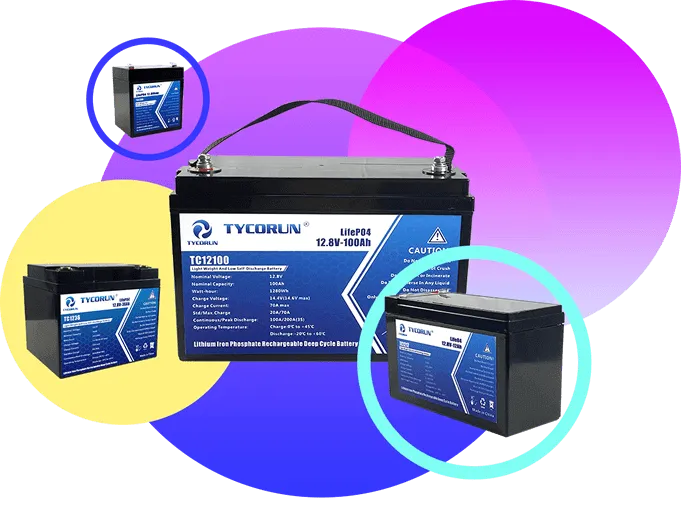
About hearing aid batteries manufacturers
TYCORUN® has more than 14 years of experience in the hearing aid batteries industry and is a Chinese high-tech enterprise that develops, produces and sells various new energy battery products.
hearing aid batteries production capacity accounts for 80% of our lithium battery manufacturing products
High quality assurance
TYCORUN is determined to become a leader in the hearing aid batteries industry, quality is our culture!
Professional manufacturers
With lithium hearing aid batteries pack as the core, integrating channels and technologies
Factory wholesale price
We promise to let customers get the most cost-effective lithium hearing aid batteries products
Reliable Service Assurance
Provide hearing aid batteries OEM, ODM, 1 MOQ.Full Set of Certificate
Video Gallery
Lithium ion Battery News

One-stop Africa battery swap solution – new energy electric motorcycle intelligent operation management
This article will cover the current situation of Africa’s market, the rapid development of the Africa battery swap industrial chain and Tycorun’s battery swap solution.

Top 6 high-rate cell companies in China
Among the manufacturer producing high rate battery, BAK, EVE, LISHEN, MOLICEL, SAMSUNG SDI, and SunPower stand out for their outstanding products.

Top 10 solid state battery manufacturers in China
China’s solid state battery development is in the accelerated stage, the top 10 solid state battery manufacturers mainly have the following

New Ganfeng battery – ultra safe semi-solid battery with high performance
This article details Ganfeng Lithium’s solid-state battery development, technological innovations, and the performance of the ganfeng battery in safety tests.
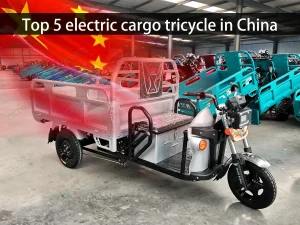
Top 5 electric cargo tricycle in China
This review presents the top 5 electric cargo tricycles in China, featuring detailed specifications and performance insights. Evaluating criteria such as load capacity, battery efficiency, and safety features, this guide assists buyers in selecting the ideal tricycle based on individual requirements.
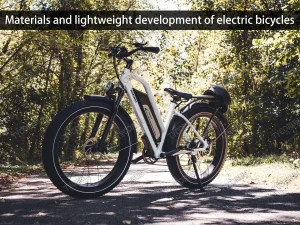
Materials and lightweight development of electric bicycles
This article provides an insightful exploration into the development of electric bicycles, focusing on advancements in materials and lightweighting techniques. It delves into the historical evolution of electric bicycles, analyzes various bicycle frame materials, discusses the development of electric power assist technology, and offers an overview of the electric assist bicycle market. Through detailed examination and analysis, it highlights the importance of lightweighting for electric bicycles and identifies key trends shaping the industry’s future.


